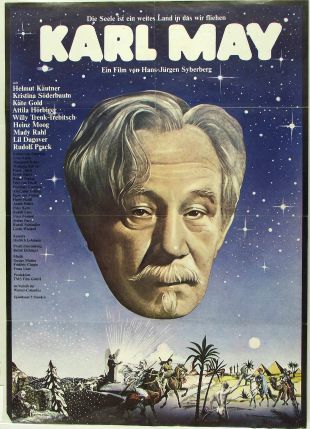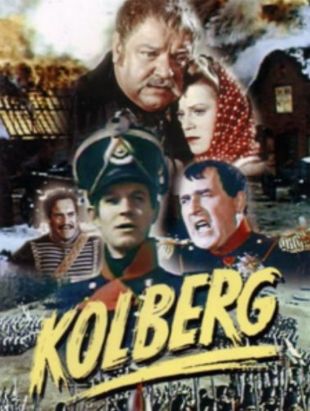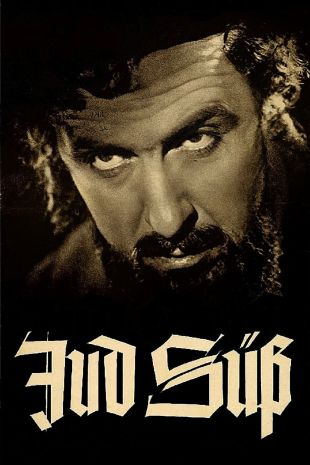One of the Nazi era's great female stars, blonde, blue-eyed Kristina Söderbaum was the typical modest and selfless maiden so favored by the regime. Having studied in Berlin with legendary actor Rudolf Klein-Rogge, Söderbaum skyrocketed to fame in Veit Harlan's Yugend (aka Youth [1938]), in which her character kills herself when small-minded neighbors drive her young lover away. She married Harlan soon after and automatically joined the inner circle surrounding the feared minister of propaganda Joseph Goebbels. With Harlan directing and another prominent Nazi sympathizer, Thea Von Harbou, supplying the screenplays, Söderbaum went on to star in heavy-handed, government-sanctioned melodramas such as Die Reise Nach Tilsit (1939), a Nazi distortion of an Hermann Sudermann novel filmed earlier in Hollywood as Sunrise (1928); and Jud Süss (aka Jew Suss [1940]). The most notoriously anti-Semitic film of the entire Nazi period, Jud Süss was an overt attempt to persuade the public of the inferiority of the Jewish people and somewhat resembled The Birth of a Nation (1915) in both execution and tenor. Söderbaum, in the Lillian Gish role, is ravished by a sub-human Jew and once again commits suicide, this time by drowning herself. Arriving soon after the Kristalnacht, Jud Süss was the perfect cinematic appeal for the establishment of concentration camps. As would be well-documented after the war, Söderbaum actively campaigned for the role, a fact that she came to regret. As the writer Joseph Wulf observed of Nazi era films in general and Jud Süss in particular: "It is not surprising that the question is still constantly raised as to whether the actors who took part in these films were responsible or not for the murder of millions of people." While everything was crumbling around the regime in the early '40s, Minister Goebbels ordered the fatigued German military to aid in creating a series of expensively mounted films depicting former glories of the "Arian Race." Once again, Söderbaum took an active part , starring in such pompously produced and directed melodramas as Der Grosse König (aka The Great King [1942]), about Frederick the Great; Die Goldene Stadt (aka The Golden City [1942]), filmed on location in occupied Prague; and, especially Kollberg (1943), a colossal production by Harlan, set during the Napoleonic wars and literally filmed in between British and American bombing raids. As Cinzia Romani notes in her definitive book on the subject, Tainted Goddesses, "a print of the film was dropped by parachute into the German Atlantic fortress at La Rochelle, France, where an audience of bewildered soldiers watched the premiere of the last of UFA's super-productions." Strangely, Söderbaum's popularity remained somewhat intact in the early post-war years but she reportedly refused all offers because Harlan was banned from working by the Allied occupation forces. Acquitted three times for collaborating with the past regime, Harlan was finally allowed to resume work but although they continued to make films, the couple was definitely past their prime. Widowed in 1964, Söderbaum continued to accept an occasional role in both films and television and was last seen in Night Train to Venice, a low-budget 1994 thriller starring Hugh Grant.
Kristina Söderbaum
Active - 1938 - 1995 |
Born - Sep 5, 1912 |
Died - Feb 12, 2001 |
Genres - Drama, Historical Film, Romance
Share on


